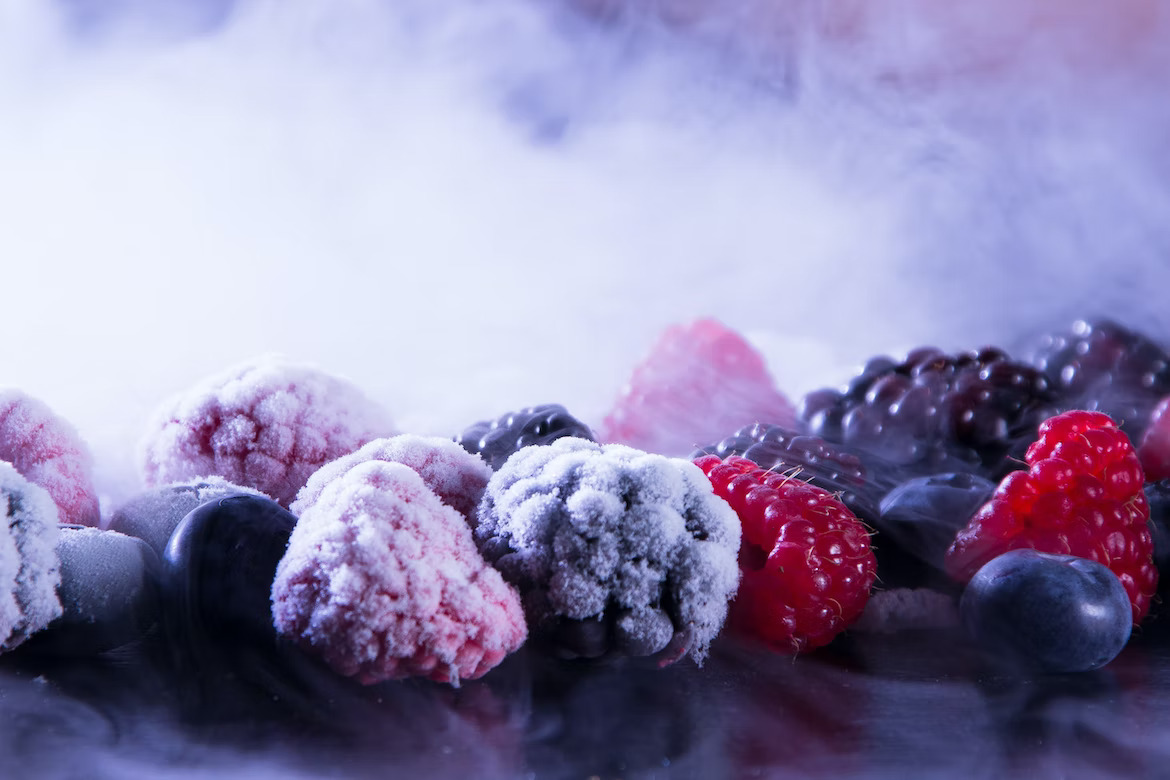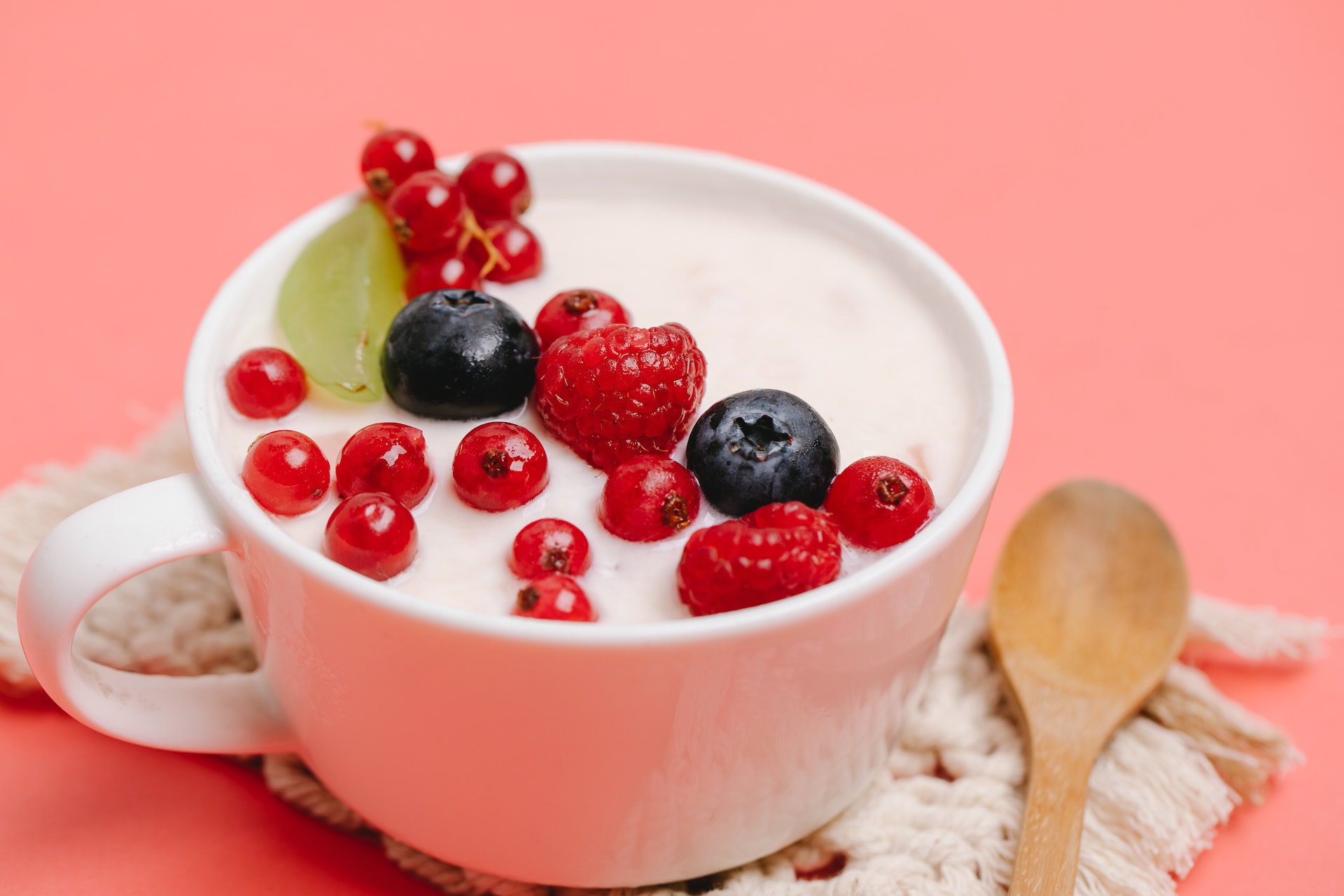Today, more consumers are becoming more mindful of their nutrition, which influences their choices when grocery shopping. While some are confused between fresh and frozen foods, IQF vegetables continue to gain more popularity.
In fact, the IQF vegetable market is expected to reach $7.1 billion by 2030 with a steady growth rate of 4.2% per year [*].
But what makes IQF vegetables so valuable in the food industry? How are they produced and are they nutritious? Which vegetables are suitable for IQF? We’ll answer these questions below.
What are IQF Vegetables?
IQF stands for “individually quick frozen,” a process that is applied to different food products. It involves freezing each component of the food (every piece, granule, or part) to preserve it without forming large ice crystals.
This method of freezing is not only efficient, but it also helps to preserve the freshness and quality of the final product. IQF vegetables maintain their shape, color, and flavor much more than traditional freezing.
Besides vegetables, IQF foods can include meat, poultry, fish, and fruits.
What are the Benefits of IQF Vegetables?
IQF vegetables offer a whole host of benefits. Here are some to consider:
Preserves quality and freshness of food. This is vital, especially when examining the natural process of acquiring food. Once a vegetable is harvested, it starts to lose water and release heat, a process called respiration. Between harvesting, quality control, handling, transportation, and the moment a vegetable reaches the grocery shelf, it may already lose a significant portion of its nutrients. Not only that, but it may also lose freshness, crispness, and flavor.
Preserves taste and texture. Slower freezing processes tend to create large ice crystals that damage the cell walls of food products. This can affect the original taste and texture of vegetables. Since IQF uses a quick freezing process, smaller ice crystals form, which help vegetables maintain their original shape and structure, thereby preserving the taste and texture.
Available all year round. Freezing allows consumers to have access to their favorite seasonal produce all year round. If you want to eat fresh, healthy food without worrying about timing and spoilage, then IQF food items are an excellent option.
Convenient. IQF vegetables are convenient for consumers. You can experience the ease of getting and preparing frozen foods without sacrificing taste or quality.
IQF Vegetables: The Process
In IQF, there are two methods employed. The first is with the use of mechanical IQF freezers while the second involves cryogenic IQF freezers.
Mechanical IQF freezers work by using a system to direct cold air from underneath a transportation belt or bedplate. The product is frozen as it passes through the cold air that is moved up using fans. Colder air then flows through the product in circular motions as they move through the end of the freezer.
Cryogenic IQF freezers, on the other hand, use liquid nitrogen to flash-freeze vegetables. Food products are submerged in liquid nitrogen at extremely low temperatures and moved continuously to ensure each component remains separated. Cryogenic IQF freezers are more efficient, but the use of liquid nitrogen also makes them more costly.
List of Vegetables That Can Undergo IQF
Many types of vegetables can undergo IQF. The most common ones are:
- Corn
- Peas
- Broccoli
- Cauliflower
- Carrots
- Green beans
- Squash
- Spinach
- Kale
- Onions
- Peppers
- Celery
- Herbs
It is also possible for fruits to undergo IQF. Common examples of fruits that are suitable for this process include:
- Strawberries
- Blueberries
- Cherries
- Peaches
- Bananas
- Passionfruit
- Pineapples
- Mangoes
Do IQF Vegetables Retain Their Nutritional Value?
There is a common misconception that frozen vegetables are less nutritious than fresh ones. However, IQF vegetables have been found to retain most of their nutritional value. Research has shown that frozen fruit and vegetable products showed little change in nutrient content, especially when storage temperature was well-maintained [*].
Other studies have also shown no significant differences in vitamin content when comparing fresh, frozen, and fresh-stored categories of fruits and vegetables. However, when these differences were significant, frozen produce actually outperformed fresh-stored ones more frequently in terms of nutrition [*].
Since IQF vegetables are usually harvested at peak ripeness and then flash-frozen within hours, it is possible for them to maintain maximum nutrient levels. Optimal freshness is preserved using this process without reducing nutritional value.
Summary
IQF vegetables are foods that are preserved using a flash-freezing method. This ensures that quality, nutrition, flavor, and texture are all preserved. As you’ve learned, many types of vegetables and fruits can undergo IQF.
Whether you need IQF food for your home or business, feel free to reach Empire Freezing & Drying by calling 973-649-9800 or emailing info@empiredrying.com. We specialize in individual quick frozen sauces, smoothies, and purees for your meals and recipes!



